I must admit I was inspired to see that many of their comments echoed my own sentiments. I'd like to share some of them with you. Maybe they will resonate with you as well.
Robert Frost: No tears in the writer, no tears in the reader.
This was the first one I saw when I flipped the book open. I've always felt that if I tear up at certain points in my writings, even after reading those words a million times, then I have succeeded in expressing my personal emotions.
**********
Robert Penn Warren: This involves the question of who tells the story. We may make four basic distinctions: (1) a character may tell his own story in the first person; (2) a character may tell, in the first person, a story which he has observed; (3) the author may tell what happens in the purely objective sense–deeds, words, gestures–without going into the minds of the characters and without giving his own comment; (4) the author may tell what happens with full liberty to go into the minds of characters and to give his own comment. These four types of narration may be called: (1) first person, (2) first person observer, (3) author-observer, and (4) omniscient author. Combinations of these methods are, of course, possible.
I appreciate the clarity of their observations. For my own understanding as a writer, I am in total agreement with the last sentence.
**********
Cervantes: Do but take care to express yourself in a plain, easy manner, in well-chosen, significant and decent terms, and to give a harmonious and pleasing turn to your periods: study to explain your thoughts, and set them in the truest light, laboring as much as possible, not to leave them dark nor intricate, but clear and intelligible.
I must admit that only the first part of this was in the book, but I was intrigued and searched for the full quote. This resonates with the writer in me who strives to express my understanding of spiritual psychology so perhaps others can benefit from my own experiences.
One of my pet peeves when I was working in the corporate world was the plethora of buzz words used when writing product manuals or instructional booklets for the consumer. My question was always: How do you expect a layman to understand your message when you may as well be speaking in a foreign tongue?
When I first became involved in the study of spiritual psychology, I noticed the same pattern. People were throwing around terms in their teachings with no attempt to explain them. This is how Metaphysical Minute came into existence in 2002. When I taught technical analysis of commodities to account executives, the most popular take-away was "The Technician's Lingo" I created for them.
People appreciate "clear and intelligible," whether it's nonfiction or fiction.
**********
Laurence Stern: I write the first sentence and trust in God for the next.
One of the most mind-blowing experiences I experienced when I first sat down to write was that I seemed to move into an alternate dimension. With novels I felt I was a happy passenger on a trip with an unknown destination. With articles, I would often finish them and not really remember the process of writing them. This still holds true today. This trust in one's own ability to co-create with God is magical. Plus, it also serves as a warning that you are not in the right space when the struggle is too difficult. When this happens, I walk away and come back later.
**********

Passing on wisdom gained from your own experiences, whether it's writing or some other area, is a wonderful thing to do. Often people are reluctant to ask for help or just never looked at things the way you do. Thoughtful advice is a wonderful offering that has great value and costs you nothing. It may not help everyone, but somewhere it may change one person's life.




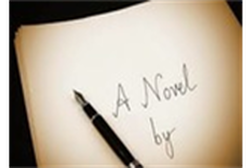


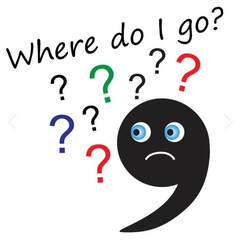
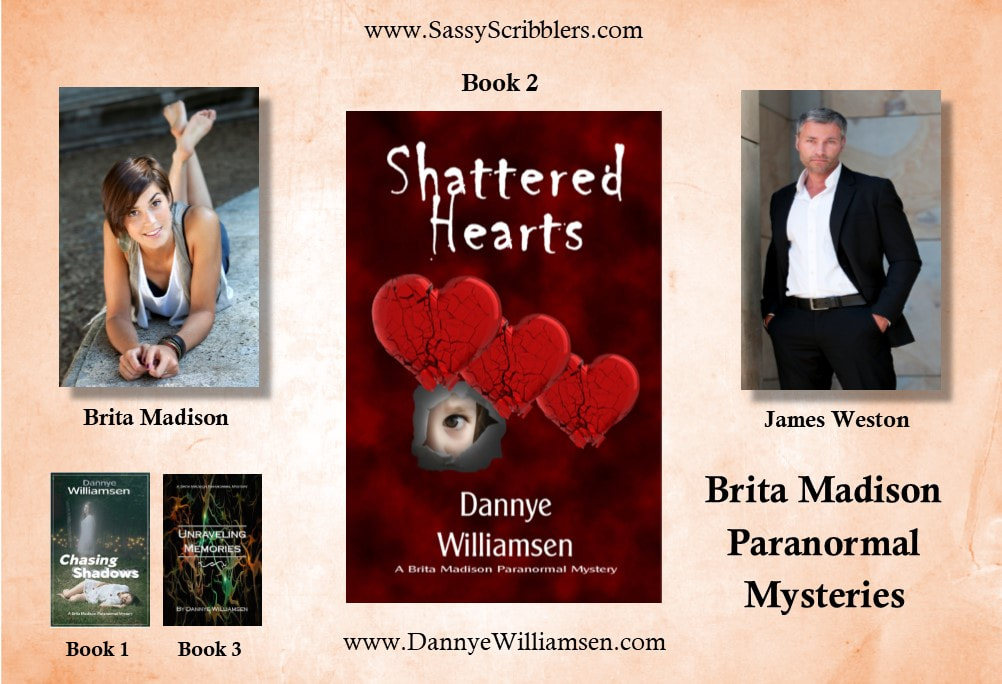

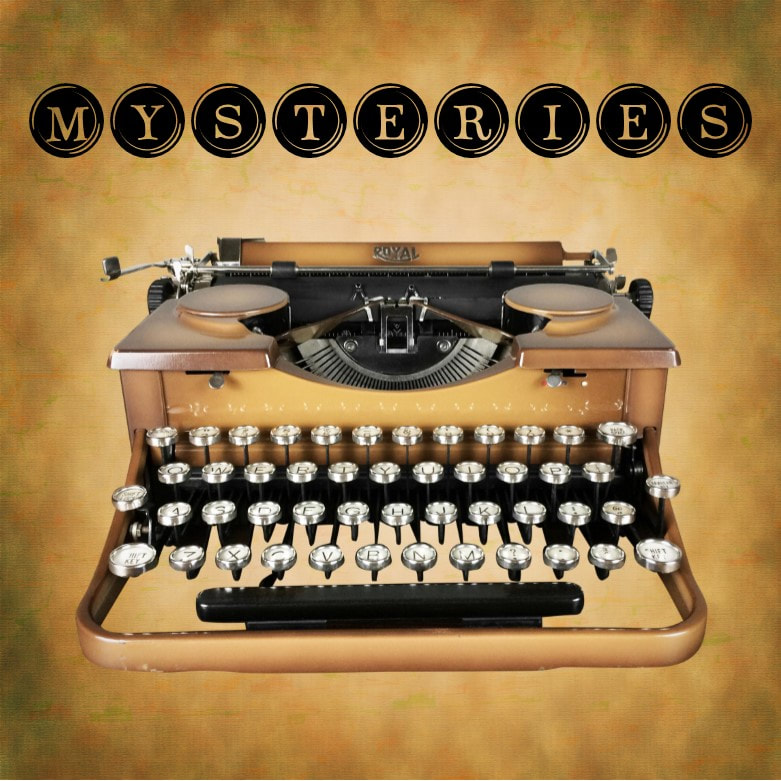
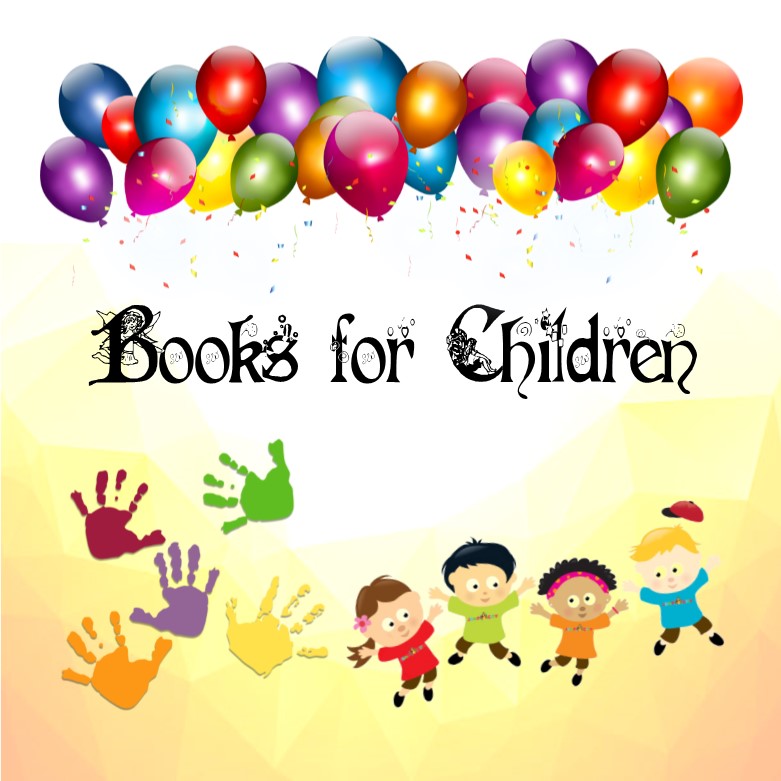
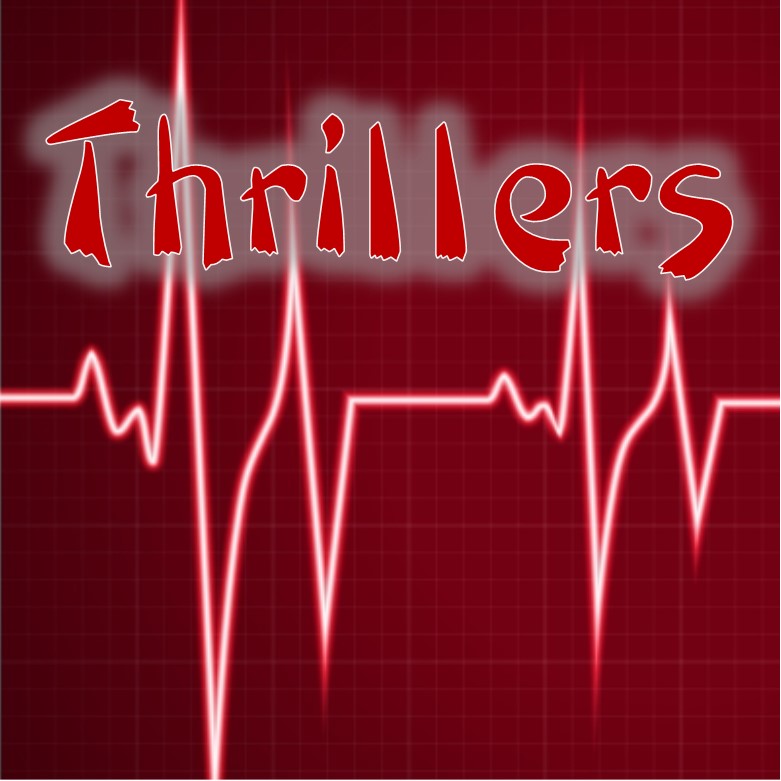
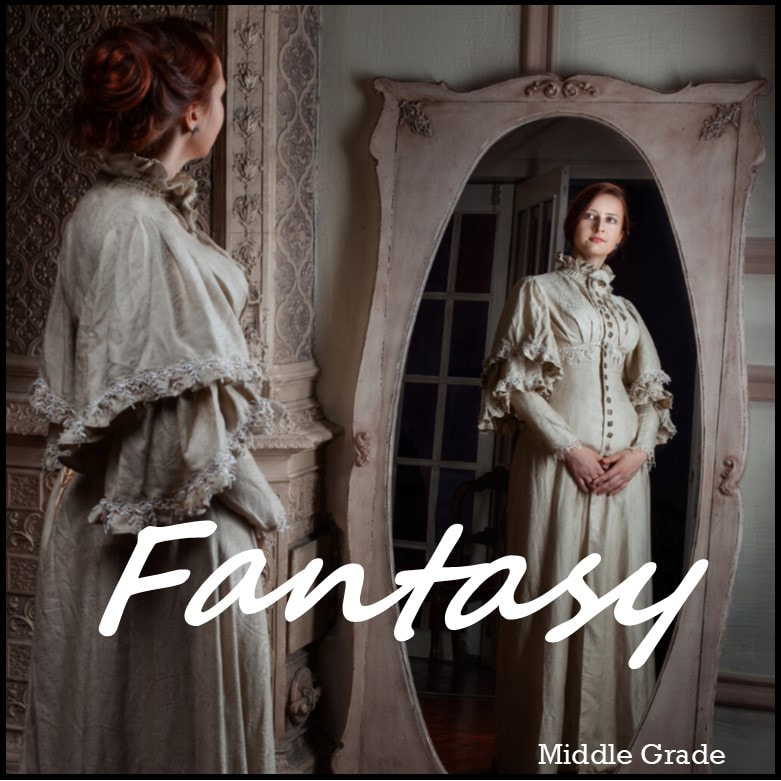

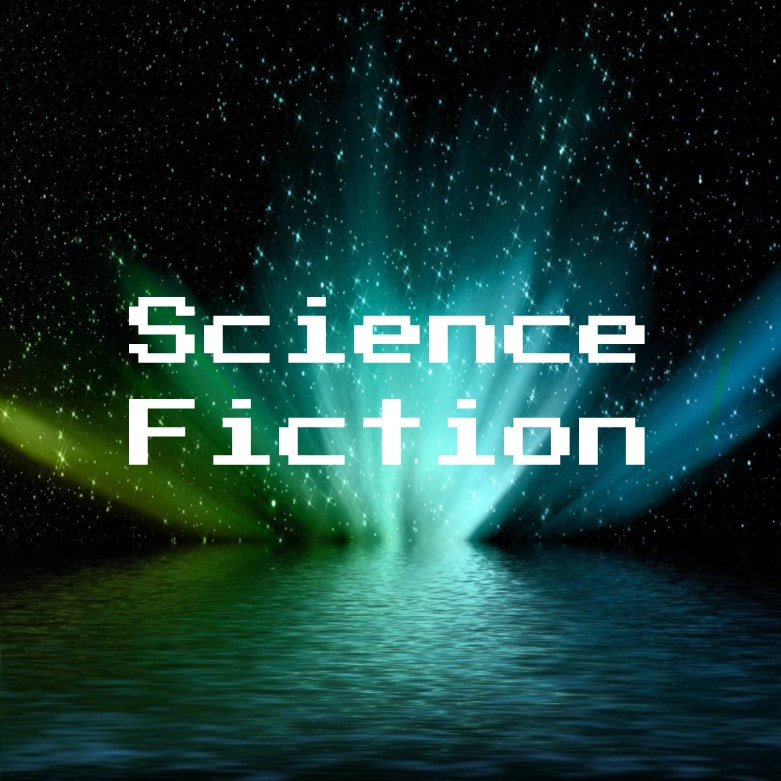
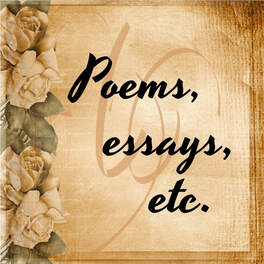


 RSS Feed
RSS Feed